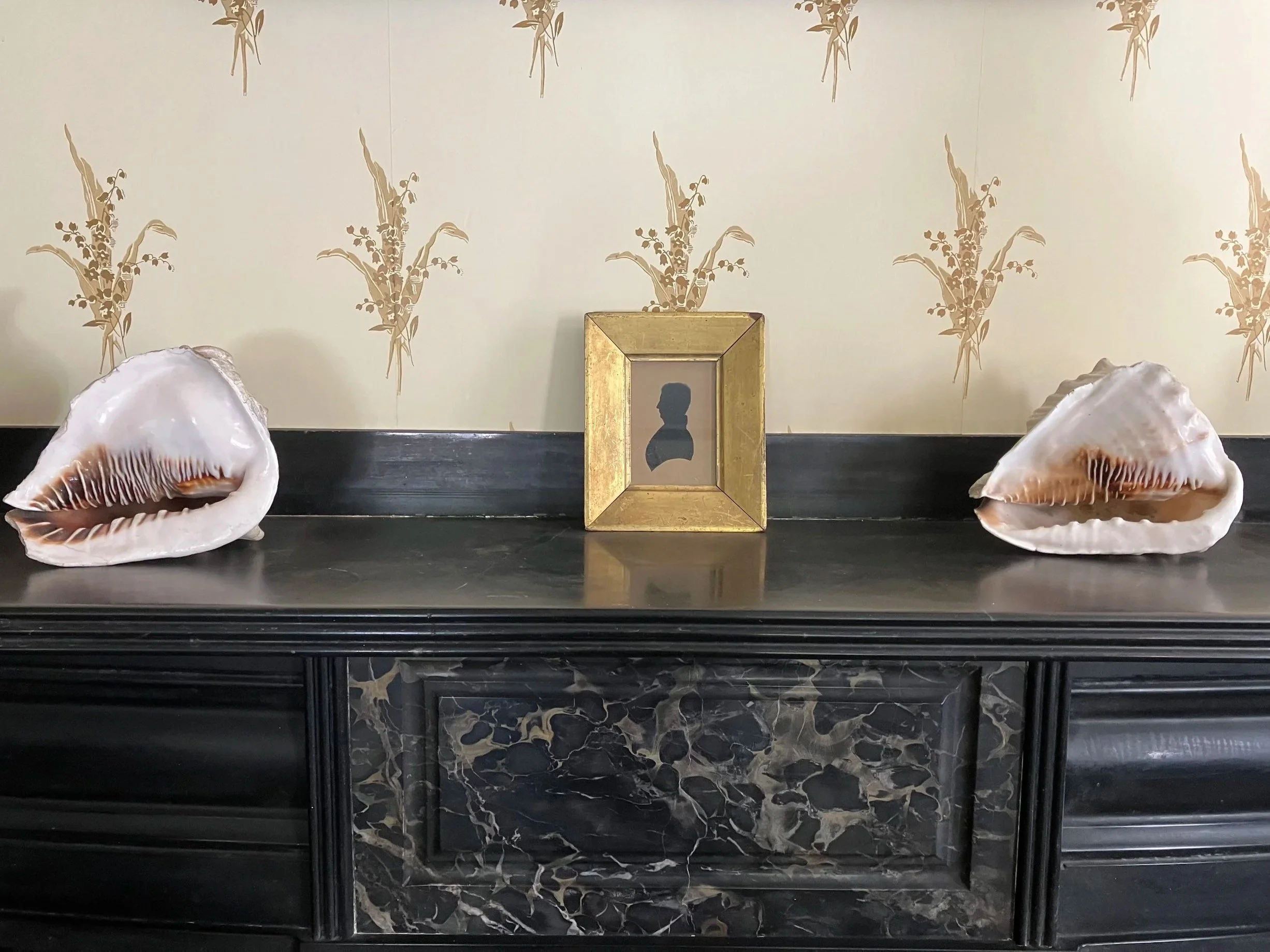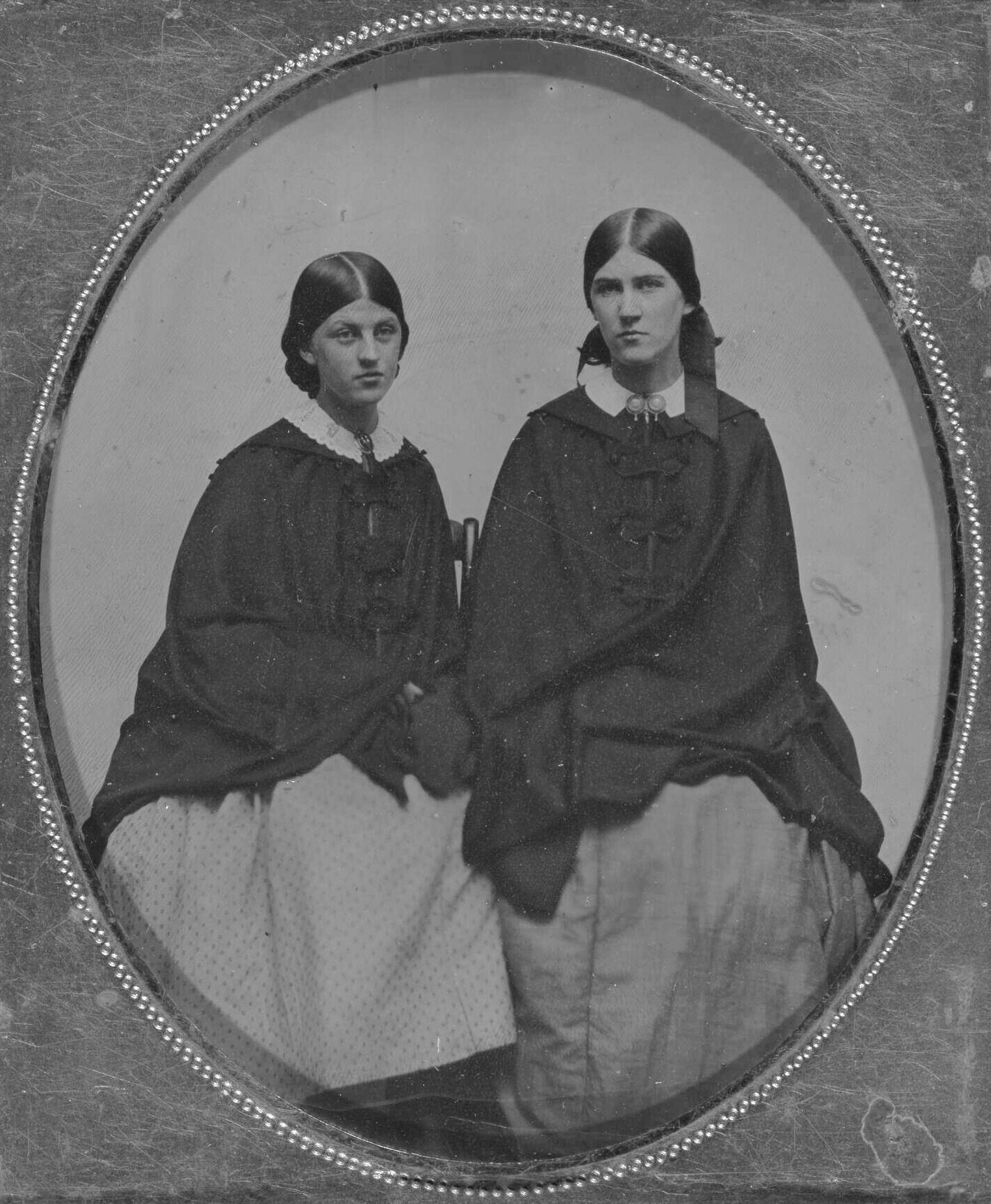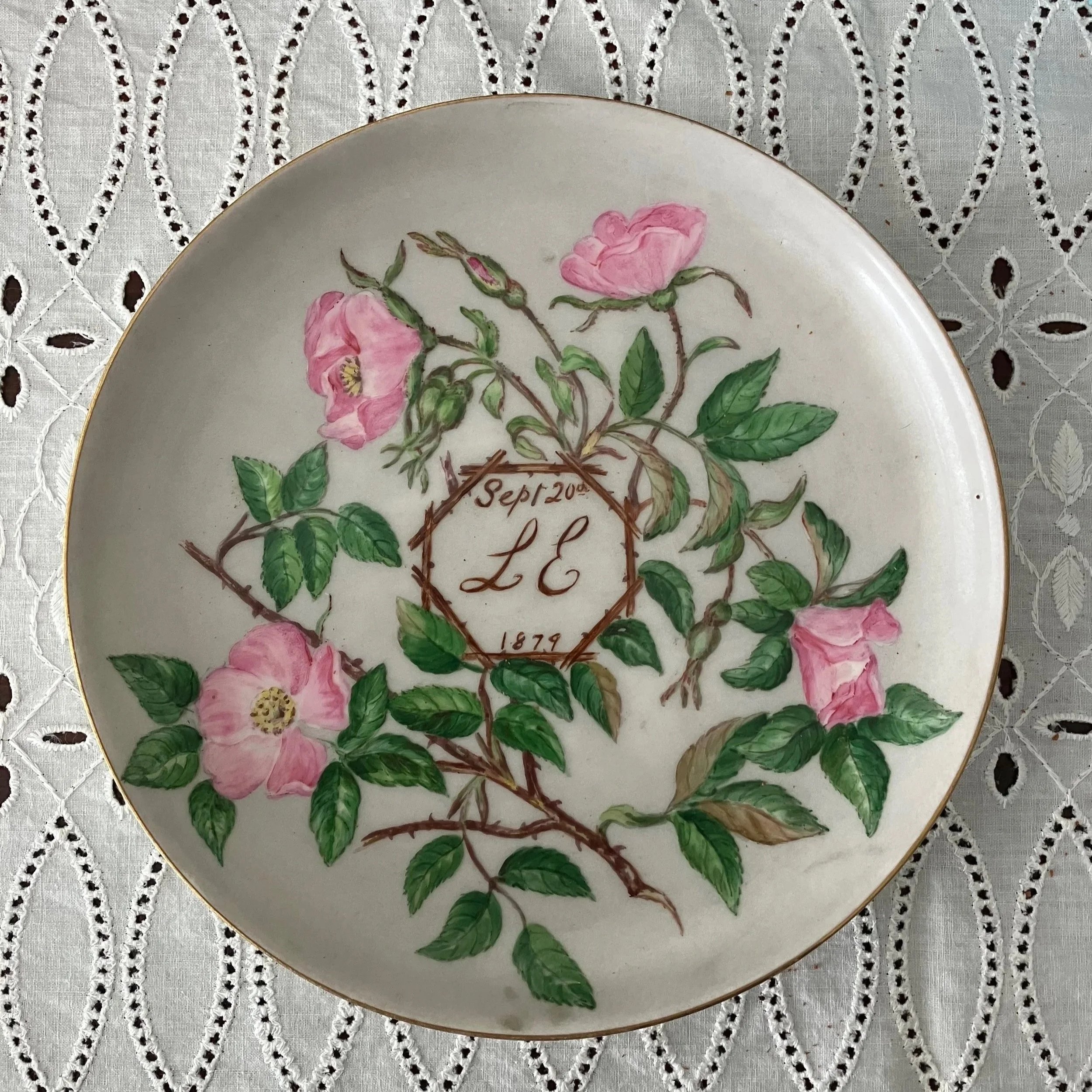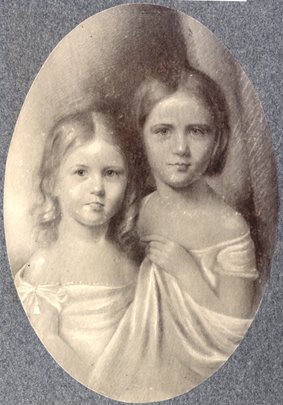
The Lyceum
A gathering place for engaging Emersonian content to educate & entertain.
“Sea-born Treasures”
A wintertime reflection on the origin of the seashells adorning several mantelpieces in the Emerson House in Concord, MA, and their connection to Ralph Waldo Emerson’s untimely loss of his younger brothers Edward and Charles.
Edith Emerson Forbes
A biographical profile of Ralph Waldo & Lidian’s third child, Edith Emerson, who married William Hathaway Forbes in 1865. Sociable and well-organized, Edith continued to play a vital role in her parents’ and siblings’ lives after marriage, including overseeing the repairs of the family home after the 1872 fire and working with her father on assembling the poetry anthology Parnassus.
Remarkable Lidian
Celebrating the occasion of Lidian Jackson Emerson’s 223rd birthday and her inclusion in Randall Fuller’s recent group biography, Bright Circle: Five Remarkable Women in the Age of Transcendentalism.
Emerson’s Daughters: A Review and Special Event
Ellen Tucker Emerson and Edith Emerson Forbes’ lives are often treated as a footnote to their famous father, Ralph Waldo Emerson. Kate Culkin’s recent dual biography, Emerson’s Daughters: Ellen Tucker Emerson, Edith Emerson Forbes, and Their Family Legacy (University of Massachusetts Press, 2025) brings these women’s stories to the fore, inviting interest in Ellen and Edith for their own sakes. Join Culkin at the Emerson House on Sunday, September 28, 2025 for an author’s tour of the special exhibition celebrating the sisters’ lives.
Emerson’s Daughters
Kate Culkin’s new book, Emerson’s Daughters: Ellen Tucker Emerson, Edith Emerson Forbes, and Their Family Legacy (University of Massachusetts Press, July 2025), is a dual biography of the sisters who worked behind the scenes to shape the image of their famous father. In honor of the book’s release this month, the Emerson House will be showcasing items from our Ellen and Edith collections, some of which will be on display to the public for the first time.
Discover Concord
To read more about the people and places of Concord, Massachusetts, we invite you to explore the current and back issues of Discover Concord, a visitor-focused magazine available in print and online. The Emersons and their friends are frequent subjects of articles, some of which are penned by our own Emerson House guides.
“Born Believing”: Ralph Waldo Emerson’s Birthday
Celebrating the occasion of Ralph Waldo Emerson’s 222nd birthday with a look back at the world into which he was born, and the beliefs that shaped his lasting impact on it.
Sarah Alden Bradford Ripley
Introducing another of the strong women in Ralph Waldo Emerson’s life with a profile of his aunt Sarah Alden Bradford Ripley, a scholar and educator who was a lifelong friend and one of his staunchest supporters. Sarah loved learning and continued her own broad studies while caring for a growing family and working as an esteemed teacher. She was one of the five female members of the Transcendental Club.
“Their flag to April’s breeze unfurled”: Emerson and April 19th
The opening battle in America’s war for independence took place at Concord’s Old North Bridge on April 19, 1775—an event later memorialized by Emerson as the “shot heard round the world.” On the 250th anniversary of that fateful day, we look back at the Emerson family’s connections to April 19th: from Ralph Waldo Emerson’s grandparents witnessing those first shots in 1775, to his role in Concord’s centennial celebrations in 1875.
Margaret Fuller
The friendship between two intellectual powerhouses of the mid-nineteenth century—Margaret Fuller and Ralph Waldo Emerson—began with a visit to Concord in 1836. Fuller later joined the “Transcendental Club” and her book Woman in the Nineteenth Century—the first major feminist work in America—grew from an essay published in The Dial magazine under Emerson’s editorship.
Lidian Jackson Emerson
Continuing a series on the strong women in Ralph Waldo Emerson’s life with a profile of his wife Lidian (Lydia) Jackson Emerson, who worked to relieve the suffering of people and animals while also managing a busy household and supporting her husband’s work. A co-founder of Concord’s Female Anti-Slavery Society, Lidian encouraged Emerson’s own involvement in the abolitionist movement.
Mary Moody Emerson
Beginning a series on the strong women in Ralph Waldo Emerson’s life with a profile of his Aunt Mary Moody Emerson, who helped raise him after his father died and had a profound influence on his life and works. Credited as being his “earliest and best teacher,” Mary laid the foundation of Transcendentalism for her nephew and was an inspired writer in her own right. She was also active in the antislavery and women’s rights movements.












